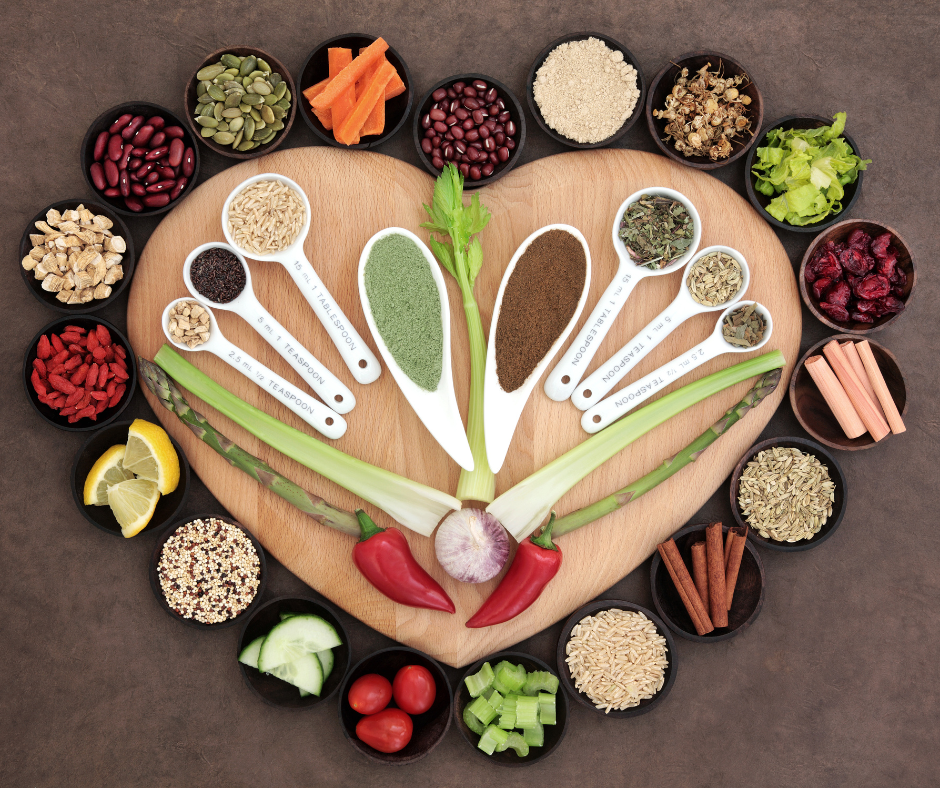Tips for adding anti-inflammatory nutrition by two registered dietitians with AiArthritis Diseases.
We were thrilled to welcome our special guests, Deb Constien (AiArthritis Volunteer & Medically Retired Dietitian) and Cristina Montoya (@ArthritisDietitian), to this month's community chat. Their expertise provided invaluable insights into the benefits of anti-inflammatory diets for those living with AiArthritis diseases.
Download the original document
A Highlighted Quote: "Measure your success against your progress, not your ideals." - Cristina Montoya (@ArthritisDietitian)










